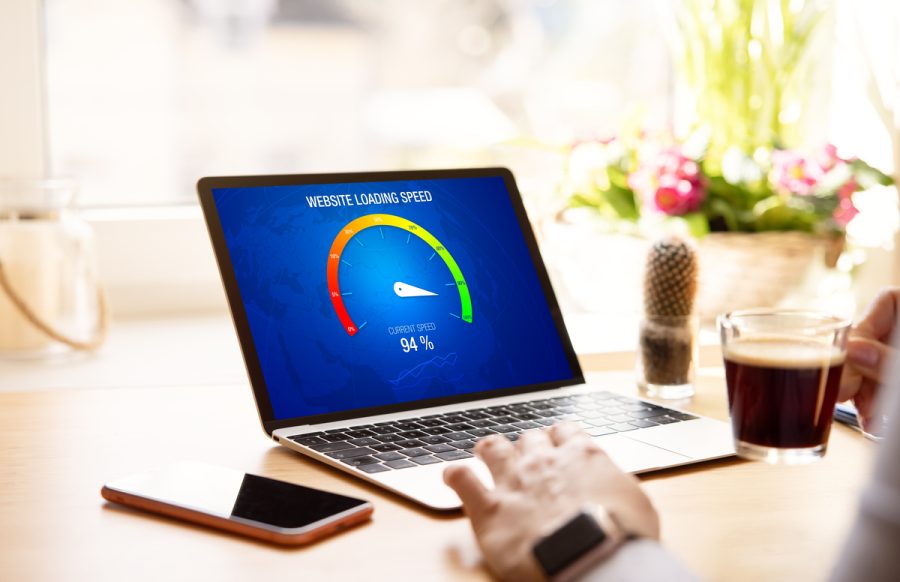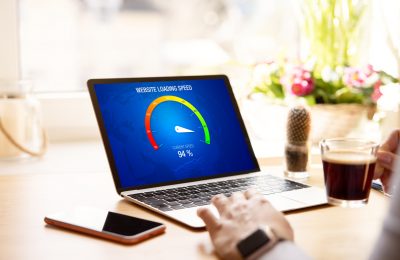Speed is a crucial factor in SEO (Search Engine Optimization) because it affects the user experience and can impact the ranking of a website in search engine results. Search engines like Google, Bing, and Yahoo use algorithms to evaluate the relevance and quality of a website, and one of the key factors that determine a website’s ranking is its page load speed.
A website with a faster page load speed will generally rank higher in search engine results than a website with a slower page load speed. This is because a faster page load speed leads to a better user experience, which is a key ranking factor for search engines. When a user visits a website, they expect the pages to load quickly and smoothly. A slow-loading website can lead to frustration and a high bounce rate, which is a metric that measures the percentage of users who leave a website after only viewing one page. A high bounce rate is a sign that a website is not providing a good user experience, and search engines take this into account when ranking websites.
In addition to the user experience, speed also affects other technical aspects of a website that can impact its ranking. For example, search engines use crawlers to index and evaluate the content on a website. If a website takes too long to load, the crawlers may not be able to index all of the content, which can lead to a lower ranking. Speed also affects the mobile-friendliness of a website, which is another important ranking factor. Mobile-friendly websites load quickly and are easy to navigate on a mobile device.
Improving the speed of a website can be done through several different techniques. Some of the most effective methods include
- Optimizing images: Large images can slow down a website, so it’s important to optimize them by reducing their size and file format.
- Minifying code: Minifying the HTML, CSS, and JavaScript code can help to reduce the size of the files, which can improve the page load speed.
- Using a content delivery network (CDN): A CDN is a network of servers that are distributed around the world. When a user visits a website, the content is delivered from the server that is closest to their location, which can help to improve the page load speed.
- Enabling browser caching: Browser caching allows a website to store files in the user’s browser so that when the user visits the website again, the files do not need to be downloaded again, which can improve the page load speed.
- Compressing files: Compressing files can also help to reduce the size of the files and improve the page load speed.
- Minimizing HTTP requests: Each time a user visits a website, the browser makes an HTTP request for each element on the page. Reducing the number of elements on the page, such as images, can help to minimize the number of HTTP requests, which can improve the page load speed.
- Utilizing a web framework or Content Management System (CMS) that is optimized for speed.
Speed is also an important factor in Google’s mobile-first indexing. Mobile-first indexing means that Google primarily uses the mobile version of a website’s content to index and rank it. With the majority of internet traffic coming from mobile devices, it’s important to ensure that the mobile version of a website is fast and responsive.
In conclusion, Speed is a crucial factor in SEO and it can impact the ranking of a website in search engine results. A faster page load speed leads to a better user experience, which is a key ranking factor for search engines.
“Maximize your online potential and stay ahead of the competition with expert Malaysia SEO services. Contact us now and let’s work together to improve your search engine rankings and drive more traffic to your website!”










